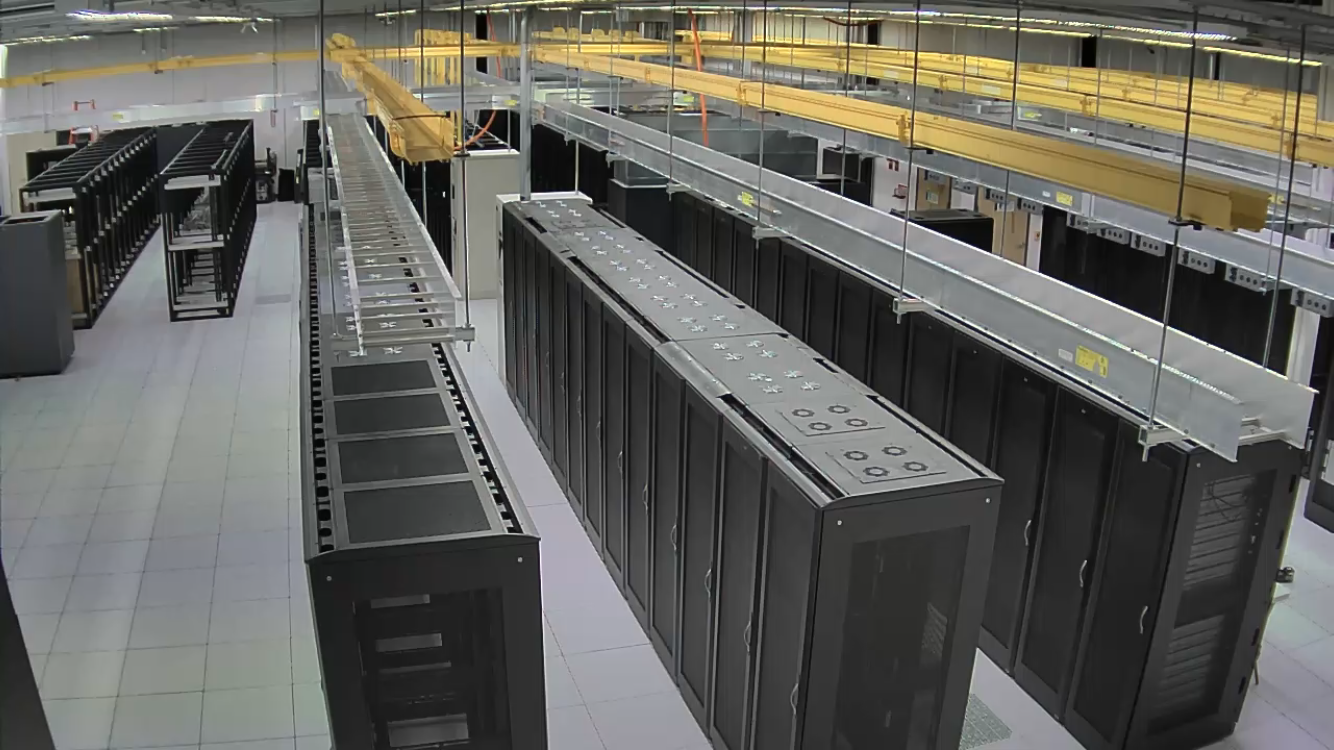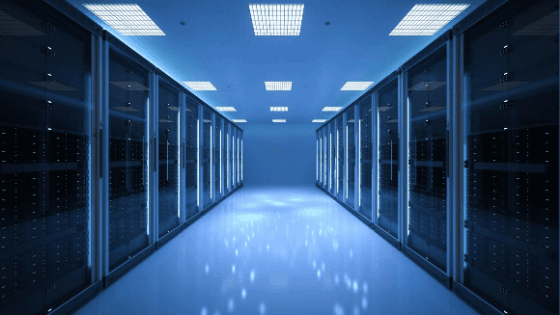Wondering what the future holds for data center standards and tech? While nobody can predict the cloud computing practices and philosophies of tomorrow with 100 percent certainty, 2017 is certain to bring big changes. Keep your eyes peeled for the following trends.
5 Critical Data Center Trends for 2017

1. Traditional Hard Drives Will Start Going out of Style
Freeing your servers from the age-old shackles of spinning disks offers many advantages, including reliability and speed of access. Data centers also get to store more information in less space and potentially reduce equipment mean time between failures.
Although 2017 is unlikely to see a wholesale migration to all-flash technology, more data centers will probably start promoting SSD-equipped servers. Considering the fact that high-end providers already offer such options, data centers that don’t catch up may doom themselves to obsolescence.
2. More Users Will Focus on Temporary Storage
Increased reliance on Big Data could render traditional ideas about storage unworkable. When your business model relies on advanced machine learning techniques to peruse massive volumes of information, there’s little need to retain it for extended periods.
The need to store raw data will never entirely vanish. Still, servers that house evolving software that analyzes incoming data rapidly and adapts accordingly could outpace deployments that merely act as repositories of information.
3. Data Centers Will Begin Catering to Multiple Clouds
Although cloud technologies have undoubtedly been a boon for business since their inception, they’re not perfect. A limited number of large-scale service providers has forced users to solicit data services from multiple vendors to increase their independence. Data centers that offer peering with AWS, Microsoft, Google, and other options are sure to thrive.
4. Security Best Practices Will Expand Beyond Data Centers
As companies’ network architectures grow, so will their security demands. Even though cloud computing has always required heightened vigilance, the Internet of Things, or IoT, and software-defined architecture, or SDA, are making safety even more important.

As SDA, IoT, and other forms of networking redefine the physical boundaries of connected hardware and change how Web Scale applications are deployed and maintained, enterprises will become increasingly reliant on healthy partnerships with proactive data centers. Service providers must take active roles in security by furnishing current software and improved enhancements.
5. Humans Will Make Fewer Decisions
Automation is already critical to SEO and Big Data tasks. Growing numbers of companies are integrating their use of network technology with other business processes, however. To succeed, they’ll need hardware and software solutions that can reliably handle rote jobs without direct intervention.
Your server may have to provision or reallocate its own storage in response to fluctuating data or activate additional processing resources to cope with a seasonal sales rush. In addition to providing you with operating system software that you can build intelligent systems upon, your data center needs to offer servers with high-performance processors, ample memory, and rapid deployability.
Are you ready to face the cloud computing world of tomorrow? To prepare your enterprise for 2017 and beyond, contact a Hivelocity expert today.
Additional Links:
Looking for more information on Hivelocity? Search our blog or look over our about page!
In need of more great content? Interested in cPanel, Private Cloud, or Edge Computing? Check out our recent posts for more news, guides, and industry insights!


